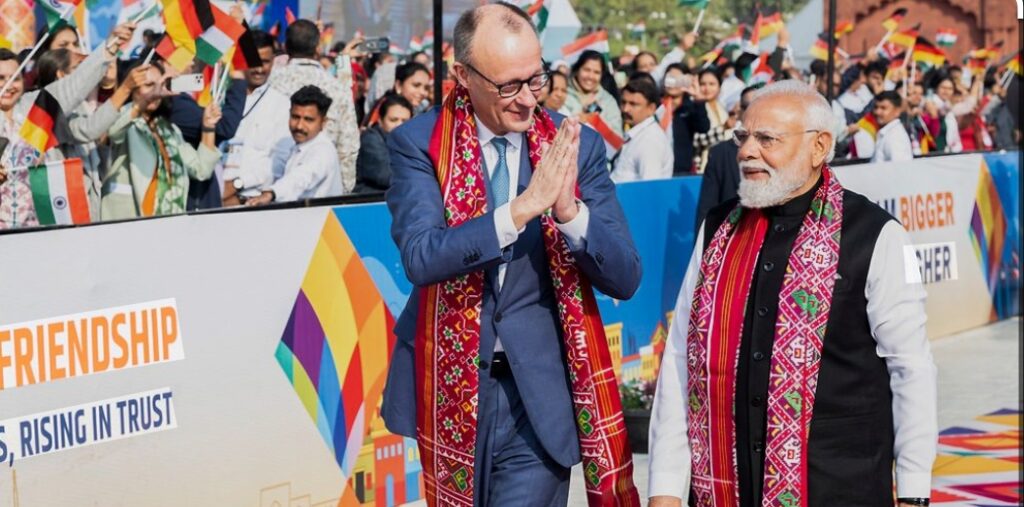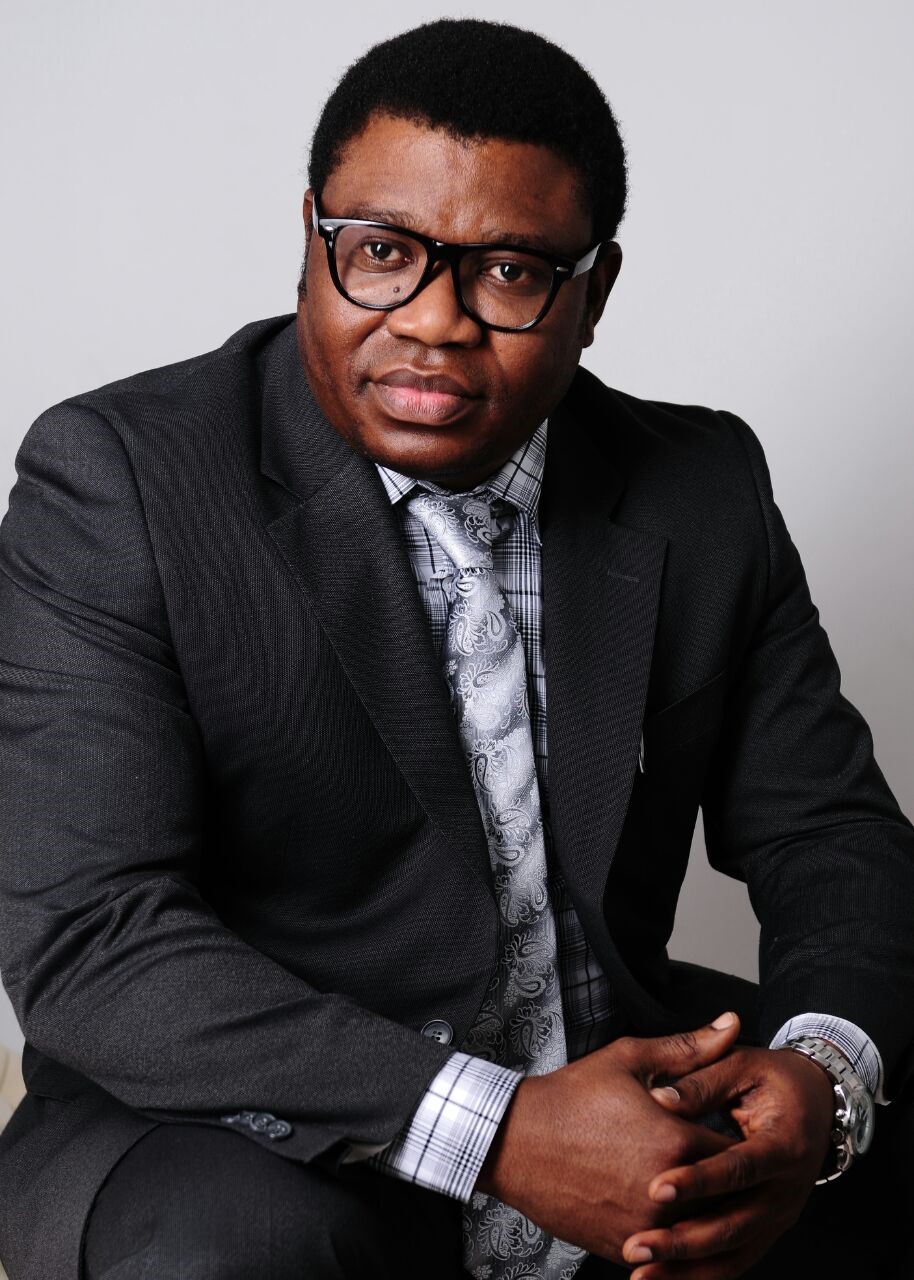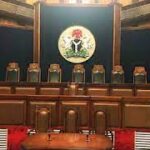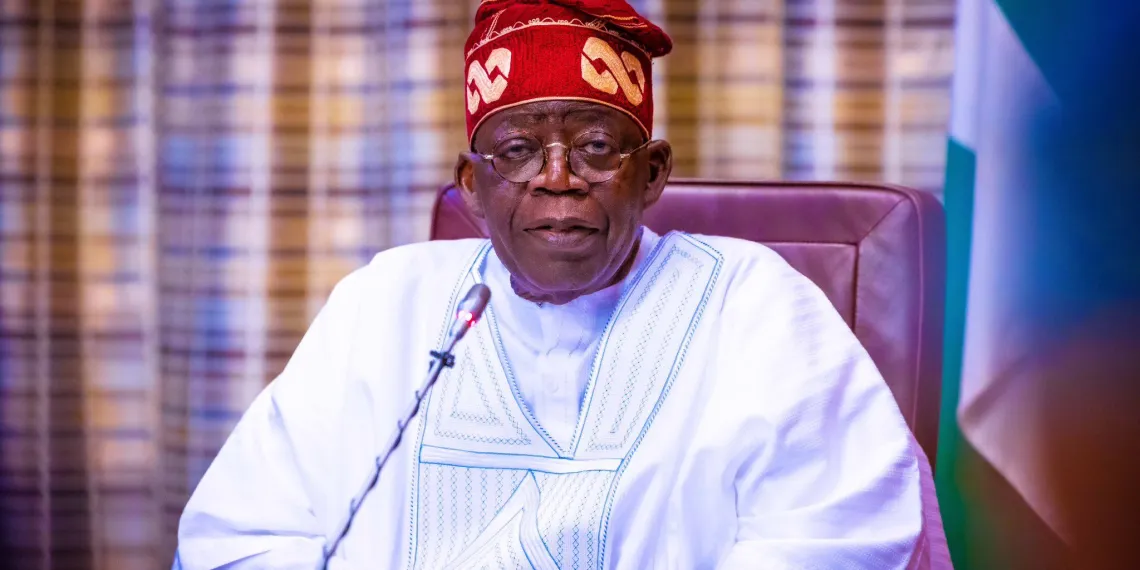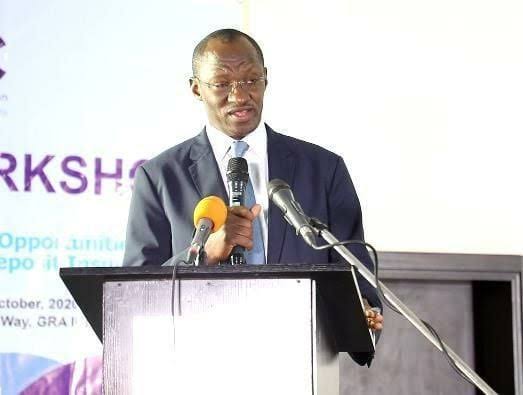Senator Natasha Akpoti-Uduaghan: Sexual Harassment Allegations and Defiance of State Restrictions
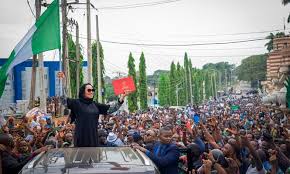
Sexual Harassment Allegations Against Senate President Godswill Akpabio
Senator Natasha Akpoti-Uduaghan, representing Kogi Central, sparked national controversy in February 2025 after accusing Senate President Godswill Akpabio of sexual harassment. During an interview with Arise TV, she detailed multiple incidents, including:
Inappropriate Advances: Akpabio allegedly told her that her legislative motions would advance if she “took care of him” and made suggestive remarks about her physical appearance during Senate interactions. She further alluded that during a 2023 visit to Akpabio’s residence, he reportedly “squeezed her hand suggestively” and invited her to “spend quality moments” privately.
Akpoti-Uduaghan submitted a formal petition to the Senate Ethics Committee, but it was dismissed on procedural grounds (e.g., she signed it herself instead of having another senator endorse it). The committee instead recommended her six-month suspension for “unruly and disruptive behaviour” during a Senate seating dispute, a move widely criticized as retaliatory.
Civil Society and International Outcry: Amnesty International Nigeria condemned the lack of investigation, calling it a perpetuation of systemic impunity. Protests under the slogan “We Are All Natasha” erupted nationwide, highlighting Nigeria’s gender inequality in politics.
Akpabio’s Denials: Akpabio denied all allegations, framing them as politically motivated. His supporters dismissed her claims as fabrications tied to her removal from a Senate committee role.
Defiance of Kogi State Restrictions: The Sallah Visit On April 1, 2025, Akpoti-Uduaghan defied a ban on public gatherings imposed by Kogi State Governor Usman Ododo, who cited “security concerns.” Key details include:
Defiant Homecoming: She arrived via helicopter to her Okehi hometown, bypassing roadblocks, and was greeted by thousands of supporters celebrating Sallah. She framed the visit as a cultural celebration, not a political rally, asserting her constitutional right to meet constituents.

Accusations of Political Targeting: Akpoti-Uduaghan accused Governor Ododo, former Governor Yahaya Bello, and Akpabio of plotting her assassination and orchestrating a recall petition against her. The state government retaliated, labelling her a “security threat” and blaming her for potential violence.
Free Speech vs. State Authority: Human Rights Writers Association of Nigeria (HURIWA) criticized the state’s restrictions as politically motivated, accusing the police of acting as a “lap dog” for the ruling party.
Public Support: Her defiance galvanized supporters, reinforcing her image as a grassroots leader resisting elite persecution.
Gender Dynamics in Nigerian Politics: With only 4 women in the 109-member Senate, Akpoti-Uduaghan’s case underscores systemic barriers for women in leadership. Her suspension reduced female representation further, drawing ire from activists.
Legal Battles: Akpoti-Uduaghan has challenged her suspension in court and presented her case at a UN Women forum, seeking international pressure for accountability.
Recall Process: A petition to recall her, allegedly backed by Akpabio and Bello, claims 250,000 signatures. She dismissed it as fraudulent, citing exploitation of illiterate voters.
Senator Akpoti-Uduaghan’s ordeal reflects Nigeria’s fraught political landscape, where allegations of sexual misconduct intersect with power struggles and gender inequality. Her defiance of state restrictions highlights tensions between governance and civil liberties. While her supporters view her as a symbol of resistance, critics frame her actions as destabilizing. The case remains a litmus test for Nigeria’s commitment to gender equity and judicial transparency.



